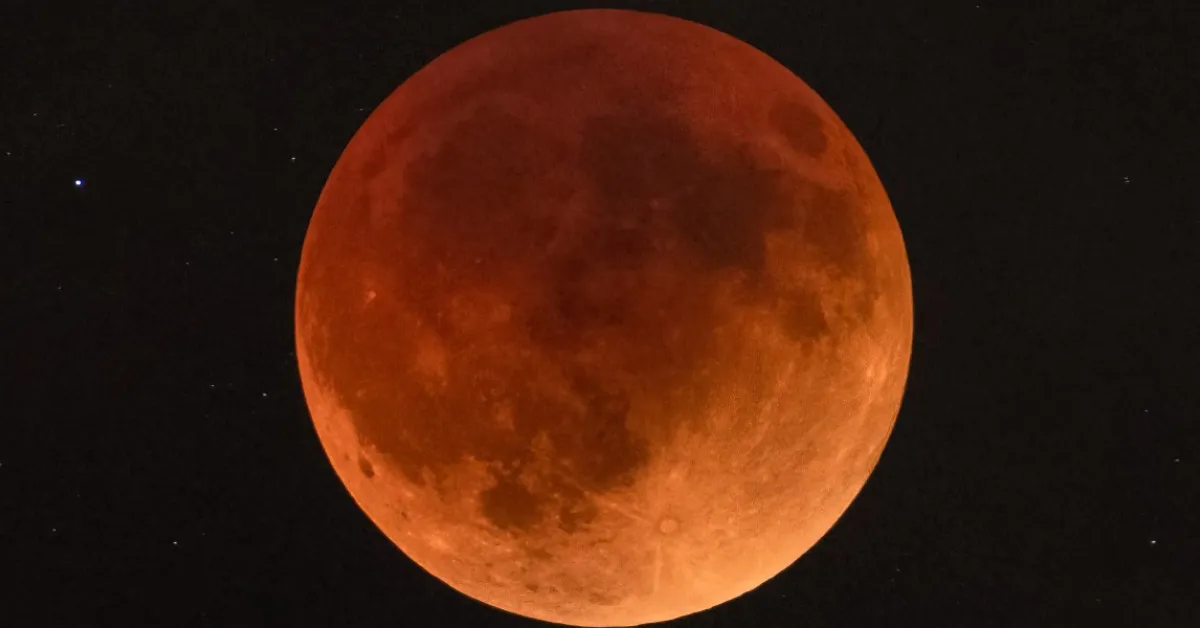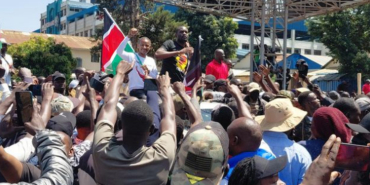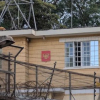Why Muslims Observe Salat al-Khusuf During a Lunar Eclipse

A total lunar eclipse was visible across much of Kenya on Sunday night, drawing large crowds to public spaces as the moon took on a deep reddish hue.
Thousands gathered on rooftops, beaches, and open grounds to witness the rare celestial event, commonly known as a "blood moon." The spectacle prompted widespread interest, with families and individuals watching the moon gradually darken before turning a vivid shade of red. Social media platforms were flooded with images and videos capturing the eclipse from various parts of the country.
In several communities, the event became more than just a visual experience. In Mombasa’s Kisauni area, worshippers at Tabaark Bilima Mosque gathered after the Isha prayer to perform Salat al-Khusuf, a special prayer held during lunar eclipses. This prayer, considered a confirmed Sunnah in Islam, is marked by prolonged bowing and prostration and is performed collectively when such astronomical events occur. Sheikh Abu Qatada, a religious leader in Mombasa, highlighted the spiritual importance of the occasion.
“When the sun or moon darkens, Muslims are encouraged to turn to Allah in prayer, repentance, and remembrance,” he said.
He added that such moments are not signs of misfortune but reminders of divine power and human humility. This view is supported by Islamic teachings found in sources such as Sahih al-Bukhari, where the Prophet Muhammad stated, “The sun and moon do not eclipse because of the death or life of someone. When you see the eclipse, pray and invoke Allah.”
Religious scholars continue to emphasise the value of prayer, reflection, and good deeds during these occurrences. Scientifically, a lunar eclipse happens when the Earth moves directly between the sun and the moon, casting its shadow across the moon’s surface. While the process is well understood in astronomical terms, its visual impact continues to capture public imagination.
Many first-time observers described the event as unforgettable. Rehema Ismael, a resident of Mombasa, said, “I have only read about eclipses in schoolbooks, but seeing the moon turn red with my own eyes felt magical. I will never forget this night.”














Add new comment